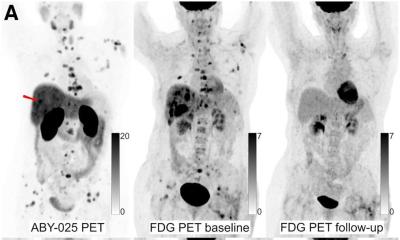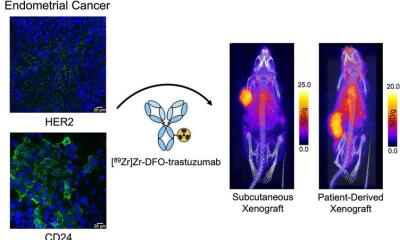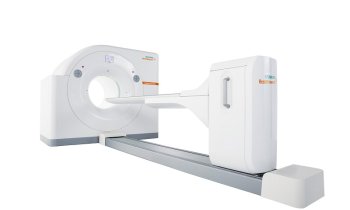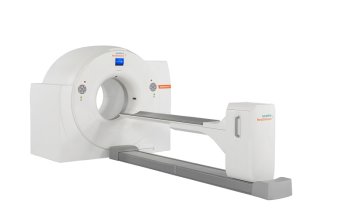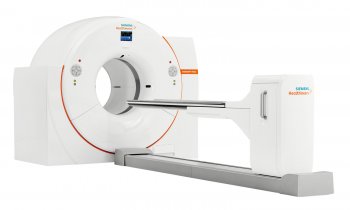PET and recurrent cancer
More sensitive dissemination tests are needed for patients with locoregionally recurrent (LRR) breast cancer, according to a paper by Dutch researchers published online by the European Journal of Cancer (Volume 40, Issue 10 , 7/2004).
The study aimed to describe the extent and yield of daily clinical practice when staging LRR breast cancer patients and to explore prospects for positron emission tomography (PET). Using the population-based Eindhoven Cancer Registry to select all breast cancer patients in the country’s southeast, with a first episode of LRR between 1/1/1994 and 30/6/2000, it was found that, on LRR presentation, 16% of the 175 patients had distant metastases and a further 24% were diagnosed with distant metastases within 18 months.
Additional data concerning staging procedures and follow-up were collected from medical records, and 77 physicians were also approached with a questionnaire seeking their opinions on staging procedures and actual treatment policy. Of the 75% of physicians who responded to the questionnaire, 33% thought the sensitivity of conventional imaging techniques was too low. The study team said it tended to conclude that ‘...in daily clinical practice there is a need for more sensitive dissemination tests for patients with a LRR of breast cancer.’
01.07.2004



